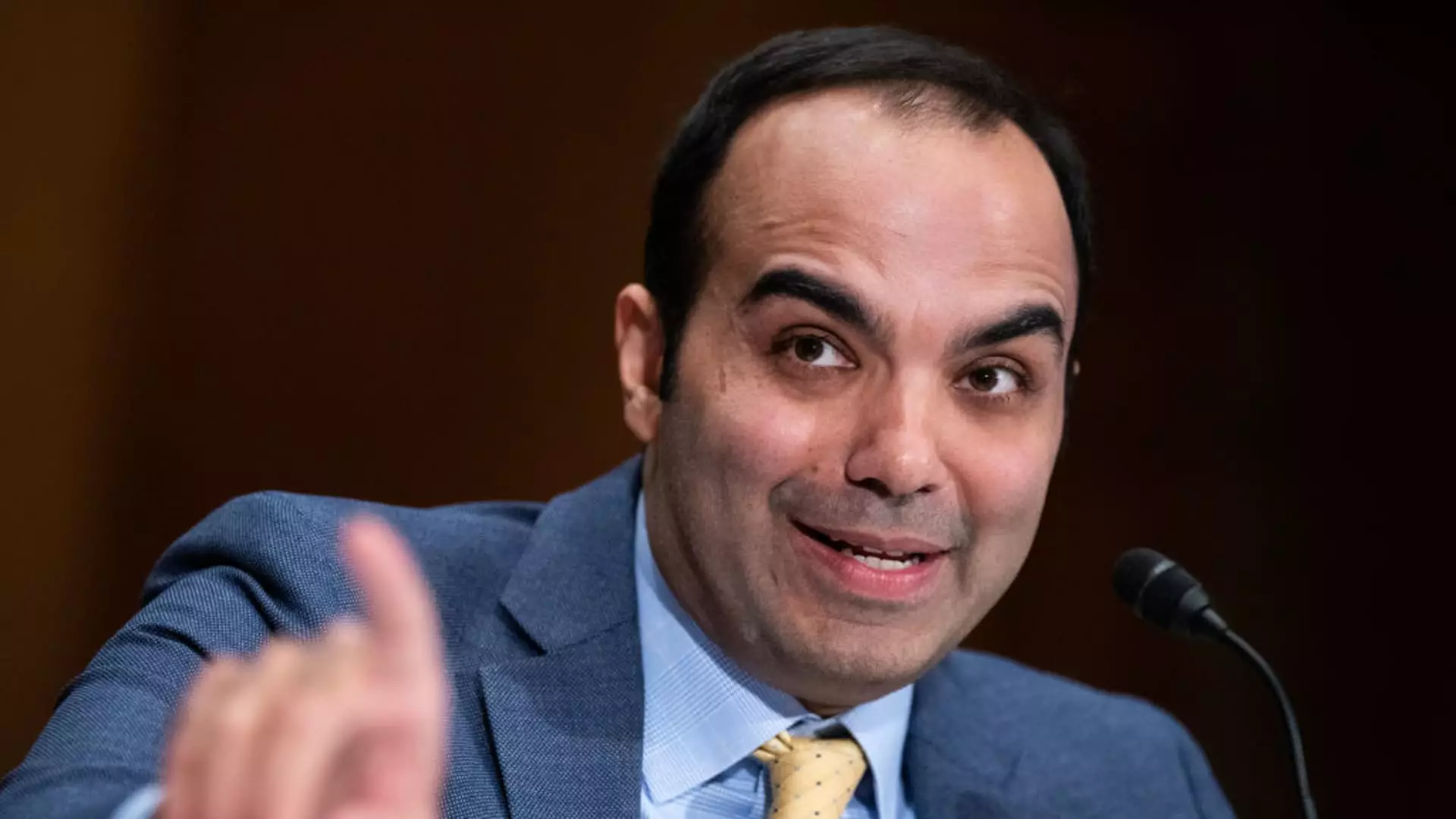In a pivotal move, the Consumer Financial Protection Bureau (CFPB) has announced a new rule designed to enhance oversight over nonbank financial service providers, including popular payment and wallet applications. This change signifies a substantial shift in regulatory practices, as these digital financial technologies have become an integral aspect of everyday commerce for millions of Americans. By imposing greater regulatory scrutiny on certain firms that handle significant transaction volumes, the CFPB aims to ensure that these emerging entities maintain standards that protect consumers in a manner akin to traditional banks and credit unions.
The newly instituted rule will specifically target nonbank firms processing 50 million transactions or more annually, effectively tightening the regulation of seven companies, including notable tech giants like Apple, Google, and Amazon, along with established fintech firms like PayPal and Block, as well as popular peer-to-peer services such as Venmo and Zelle. Previously, the CFPB did have some regulatory authority over digital payment businesses stemming from existing legislation governing electronic fund transfers. However, the new framework allows the bureau to apply a more rigorous banking-like oversight designed to examine compliance with legal requirements fully.
CFPB Director Rohit Chopra highlighted the necessity of this transition, stating, “Digital payments have gone from novelty to necessity,” thus acknowledging the rapid adoption and evolution of these technological financial solutions.
The growing reliance on digital payment applications is reshaping the financial landscape, as millions of consumers begin to use these platforms as their primary means for daily transactions. Reports indicate that the most prominent apps under the new regulatory umbrella facilitate over 13 billion consumer payments annually, solidifying their status as critical financial tools, especially for low- and middle-income users. What once began as a convenient alternative to cash has transformed into a staple of modern financial transactions, processing over a trillion dollars in payments between consumers and businesses.
Under the prior proposal, the bureau had considered applying its examinations to companies handling a minimum of 5 million transactions each year. However, this threshold was adjusted to the current 50 million in the finalized ruling, thereby limiting the immediate regulatory impact to just seven companies while excluding certain payment services that are restricted to single retailers, such as those operated by Starbucks.
Interestingly, the response to the CFPB’s initiative has garnered notable backing from within the traditional banking sector. For years, banks have voiced concerns regarding the unchecked proliferation of fintech firms encroaching upon financial services without adequate oversight. The Consumer Bankers Association commended this move as essential for upholding consumer obligations and fostering fair practices across the financial sector. Lindsey Johnson, the association’s president, expressed optimism on the rule’s potential contribution to regularizing non-bank market activities, revealing a rare convergence of interests between traditional banking and regulatory authorities.
The new rule represents a critical juncture in how digital financial platforms will be held accountable, which could have widespread implications for the future of consumer finance. With the CFPB setting its agenda to expand oversight at a time when digital payments are rapidly escalating in importance, observers are keen to see how this regulation will evolve under any forthcoming administration. There is a degree of uncertainty surrounding the potential changes that an incoming administration may opt to implement, particularly in terms of maintaining or altering the newly established oversight standards.
The CFPB’s recent regulatory developments reflect an acknowledgment of the pivotal role that nonbank financial services have in contemporary commerce and the necessity for a robust framework to safeguard consumer interests. As digital payment platforms continue to proliferate and evolve, ensuring that they operate under a framework of accountability is not only a measure of consumer protection but also a foundational strategy for fostering trust in the burgeoning financial technology industry. Making these critical steps toward regulation signifies the importance of harmonizing innovation with accountability, laying the groundwork for a more secure financial environment.

